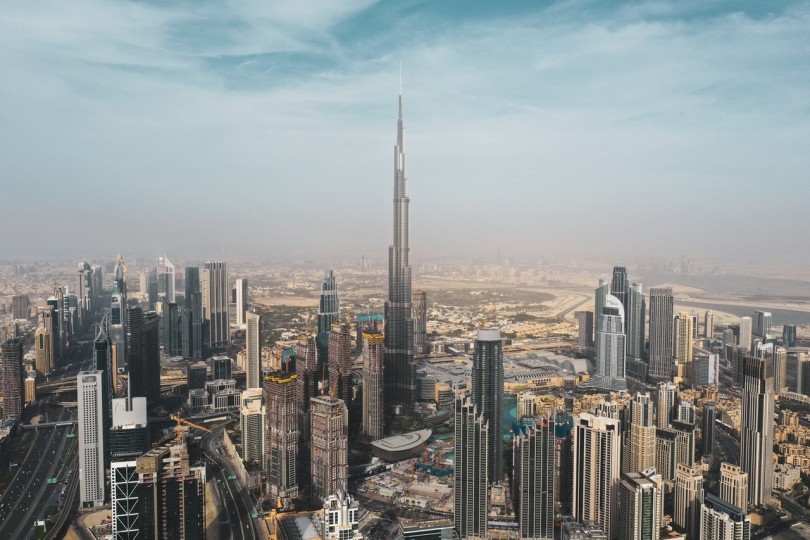22 Apr 24
Lab ChatLabworx
The Global News Source for the World of Science and Chemicals
How do ARAB NATIONS fare on the AQI?
24 June 2022
Enviro Chat
With their hot climates, rapid industrialisation and heavy reliance on fossil fuels for their energy and economic stability, Gulf nations are often associated with less-than-ideal air quality. But is that really a fair assessment of the situation? Where do Arab nations fare on the Air Quality Index (AQI), for example?
Although no Arab cities feature among the most polluted cities on the planet and there are certainly more contaminated regions of the world, the Arab world is, generally speaking, plagued with high levels of air pollution. The fact that five of the top 15 countries with the worst AQI performance are found in the Gulf is testament to the improvements needed to safeguard the health of the local populace.
What is the AQI?
For the uninitiated, the AQI is a system of quantifying and reporting on air quality levels around the world. While each country implements their system differently, the US AQI – which is one of the first and most respected systems anywhere – is generally regarded as the gold standard.
This system assesses a number of different pollutants (including particulate matter, ground-level ozone and carbon monoxide, to name but three) and then ascribes a numerical value to the locality in which the sample was obtained. Based upon that value, the locality is then given a colour-coded rating on its air quality, allowing citizens to see at a glance how safe it is to breathe the air around them.
How does the UAE fare?
According to data compiled by the US AQI, the UAE had the 15th worst air quality in 2021. Recording an average score of 101, it falls into the “Unhealthy for Sensitive Groups” category, meaning those who suffer from pre-existing respiratory ailments, alongside other vulnerable groups such as the very young and the very old, should avoid exposure to outdoor air.
While that is a concerning rating, the fact that the UAE’s score was on the cusp of achieving a “Moderate” ranking does give some cause for optimism. The country is in the process of transitioning to cleaner sources of energy generation and building environmental protection into new infrastructure projects, so if it continues down that road, a better ranking could be forthcoming in the foreseeable future.
What about other Gulf nations?
Other nations in the region fared little better. In fact, four of them recorded even more concerning AQI results, with Oman (146), Bahrain and Iraq (both 136) and Qatar (107) all finishing less favourably than the UAE. The cities of Baghdad, Muscat and Manama were particularly concerning in terms of the pollution levels experienced in 2021.
Other nations such as Saudi Arabia, Kuwait and Iran weren’t far behind either, all three of which finished among the 25 worst countries for AQI performance. Clearly, Arab nations have a long way to go before they achieve the cleanliness of air that they aspire to.
DOWNLOAD PDF

2 Day Seminar Program
@ ArabLab+ 2024
24 & 25 September 2024
Your stay in Dubai
Labkit
Product News
Chemkit
Product News
Thinking about exhibiting at ARABLAB 2024? Watch our video to find out more.
Join the world’s leading organisations…
Get in touch and stay in touch…
Join our mailing list and receive the ARABLAB newsletter and event updates.





















